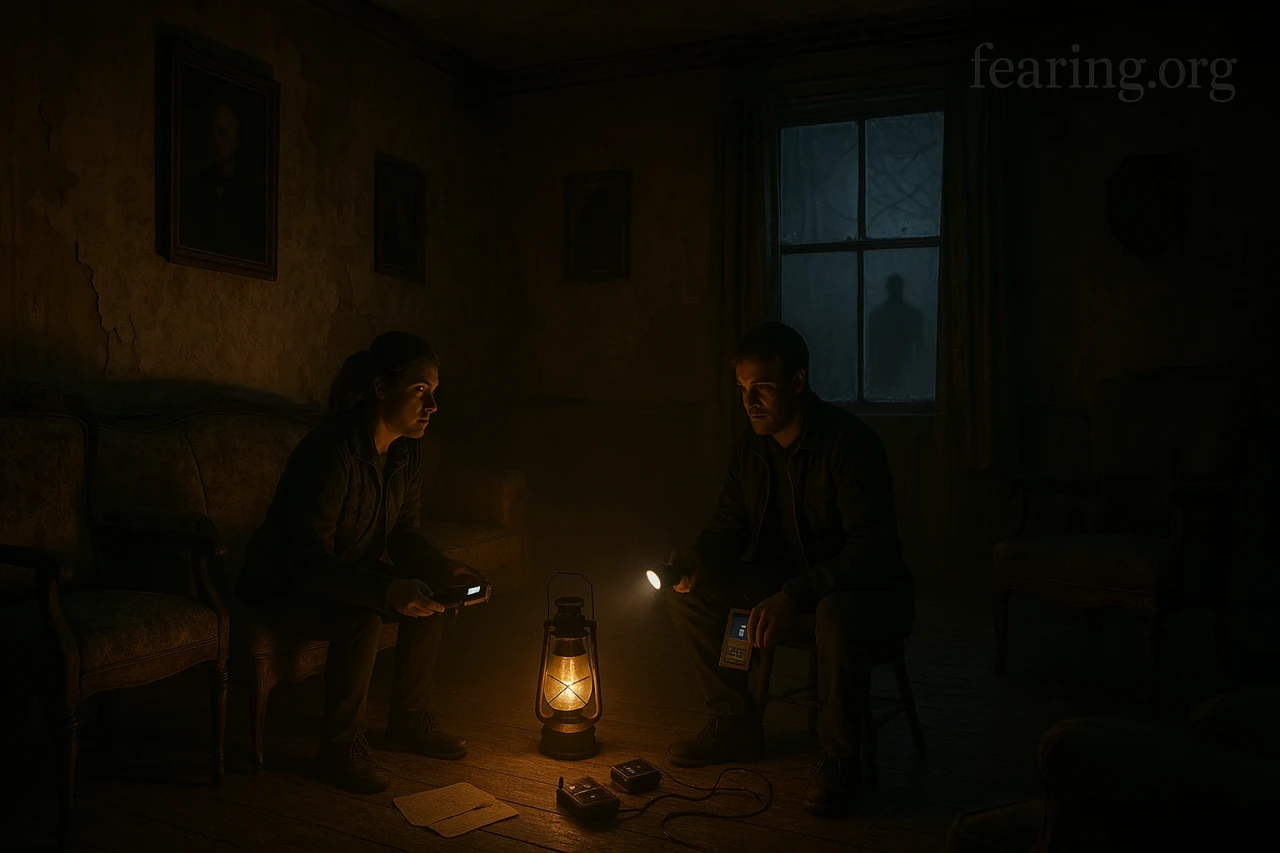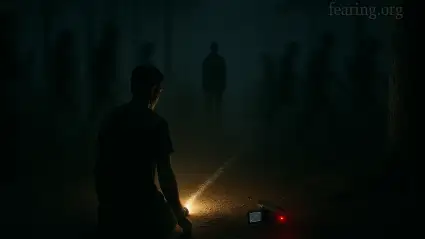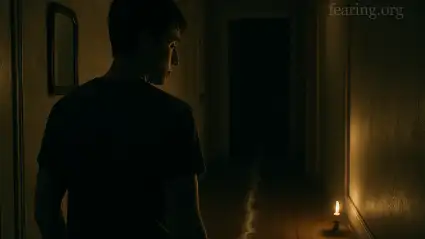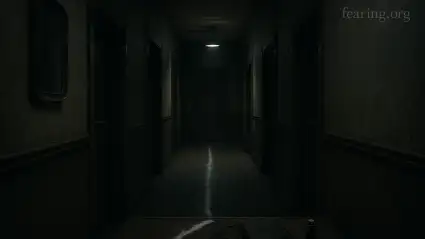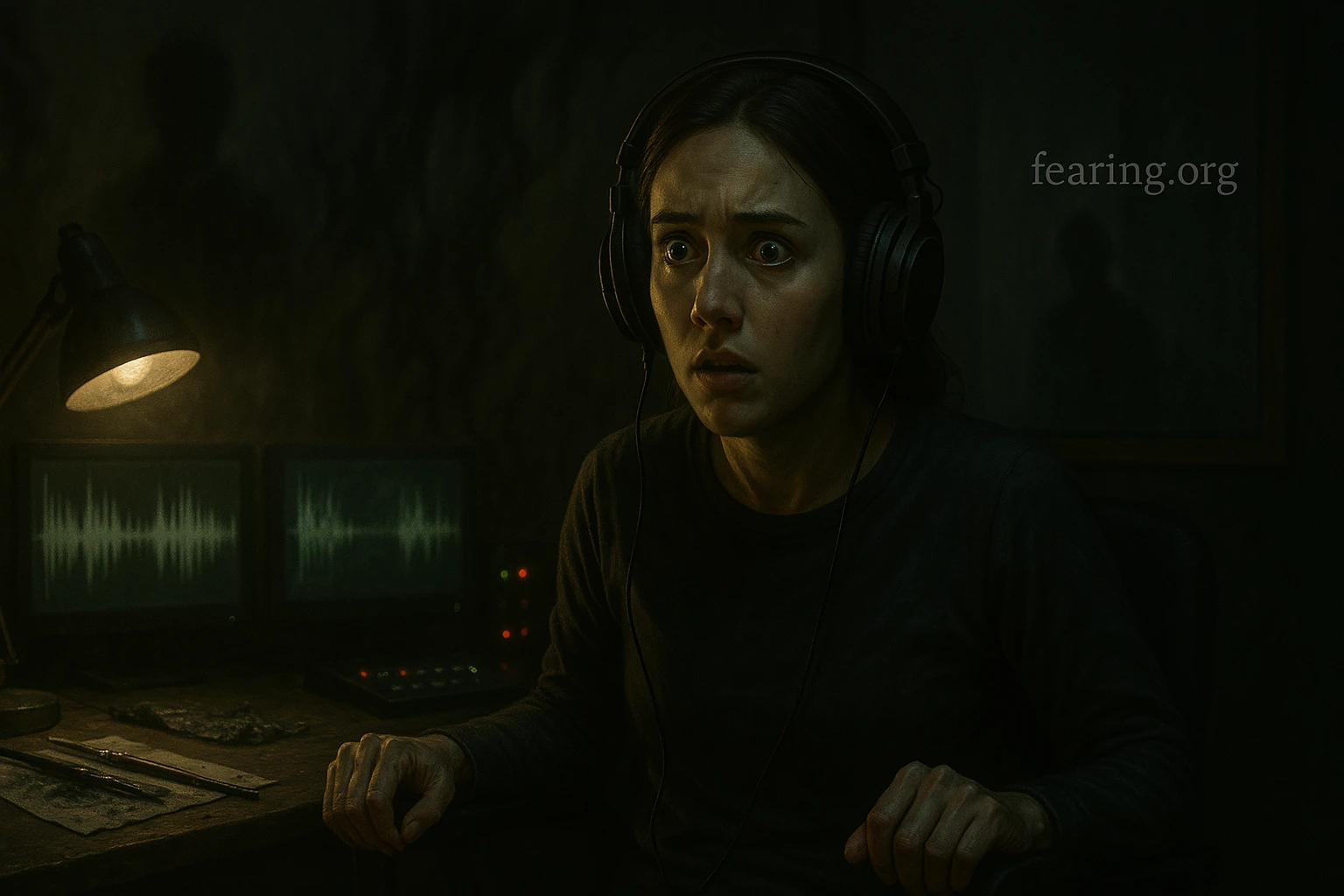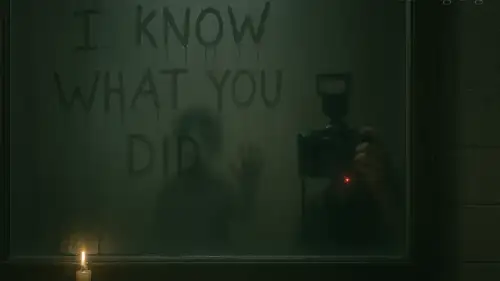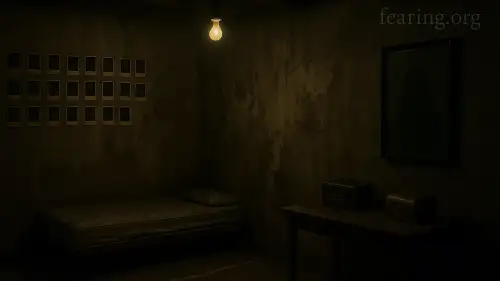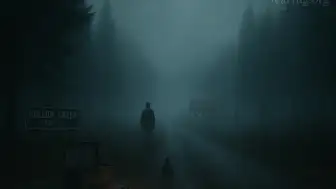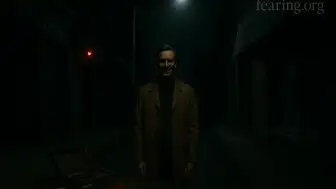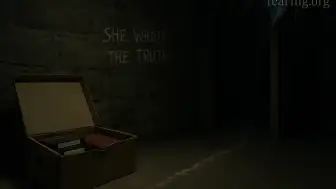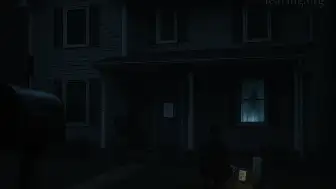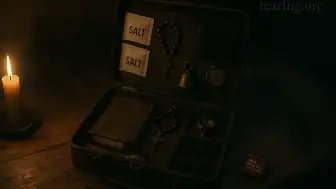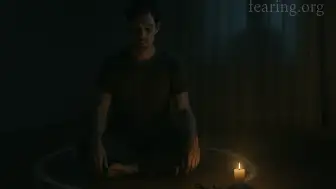It starts with a dare, a thrill, or maybe just curiosity. One night. One house. A place abandoned, whispered about, or avoided by the locals. Spending a night in a haunted house sounds like something out of a horror film—but for some, it’s all too real. Whether you're investigating for paranormal research, filming content, or just proving your bravery, one thing is certain:
"The house is never really empty."
This guide offers practical, psychological, and even spiritual survival tips for making it through a night inside the unknown.
🧳 What to Bring Before You Enter
Survival starts with preparation. Here’s what you absolutely need:
Flashlights and backup batteries (never rely on just one)
Analog watch (time distortion is a reported phenomenon)
First-aid kit (accidents happen in old structures)
Portable recorder or EMF meter (for investigators)
Protective item: religious symbol, talisman, or personal token
Snacks and water (don’t trust running taps)
Notebook and pen (jot down oddities and time markers)
A trusted companion (never go in alone)
"Half of survival is being prepared. The other half is knowing when to leave."
🚪 Choosing Your Base Room
Pick a room with clear exits
Avoid basements, attics, or rooms without windows
Stay away from mirrors, old portraits, or antique furniture (they tend to be… active)
Keep your base clean, lit, and organized. This becomes your safe zone.
👁️ How to Stay Aware of Your Environment
Mark doors with chalk or tape to check for movement
Place objects at thresholds—if they shift, something passed
Use your phone camera in reverse mode to spot anomalies (if battery permits)
Listen for patterns: three knocks, rhythmic footsteps, whispered names
These are not random. They are calling cards.
🧠 Psychological Defense: Managing Fear
Practice deep, even breathing
Name what you feel aloud: "I am afraid, but I am safe."
Establish a signal word with your companion in case panic sets in
Distract the mind: write, hum, solve a riddle—break the loop
"The house feeds on fear. Don’t give it a banquet."
🔄 What to Avoid at All Costs
Do not taunt, challenge, or invite any entities
Avoid using Ouija boards or performing rituals you don’t fully understand
Never split up, even for a moment
Don’t take or disturb anything from the home
If you hear your name whispered from a room you know is empty—don’t answer
Your curiosity must never outweigh your caution.
🕯️ Recognizing Warning Signs
Some signs mean you should leave—immediately:
Sudden and extreme temperature drops
Disorientation, memory lapses, or time loss
Intense nausea or headaches with no clear cause
Objects moving without explanation
Audible voices answering unasked questions
These are not pranks. These are invitations to stay forever.
🏃 When to Get Out
If you or your companion feel overcome with dread
If equipment drains or fails in patterns
If injuries or illnesses occur with no physical explanation
If something speaks to you directly—leave without responding
No proof, thrill, or story is worth your life or your mind.
"No house is haunted enough to keep you. Unless you let it."
🔚 The Morning After
If you’ve made it till dawn:
Clean up your base space and pack carefully
Say goodbye—seriously, acknowledge the space
Once out, ground yourself: eat, touch soil, see sunlight
Debrief with your partner: share what you felt and saw
Do not go back inside for “one last thing.”
You left. Let that be the end.
Spending a night in a haunted house isn’t just about bravery. It’s about respect—respect for the unknown, the dead, and your own instincts.
Because sometimes the scariest thing isn’t the creak in the hallway. It’s the whisper that calls your name like it knows you.
And if you answer… you might not be the one who leaves.

